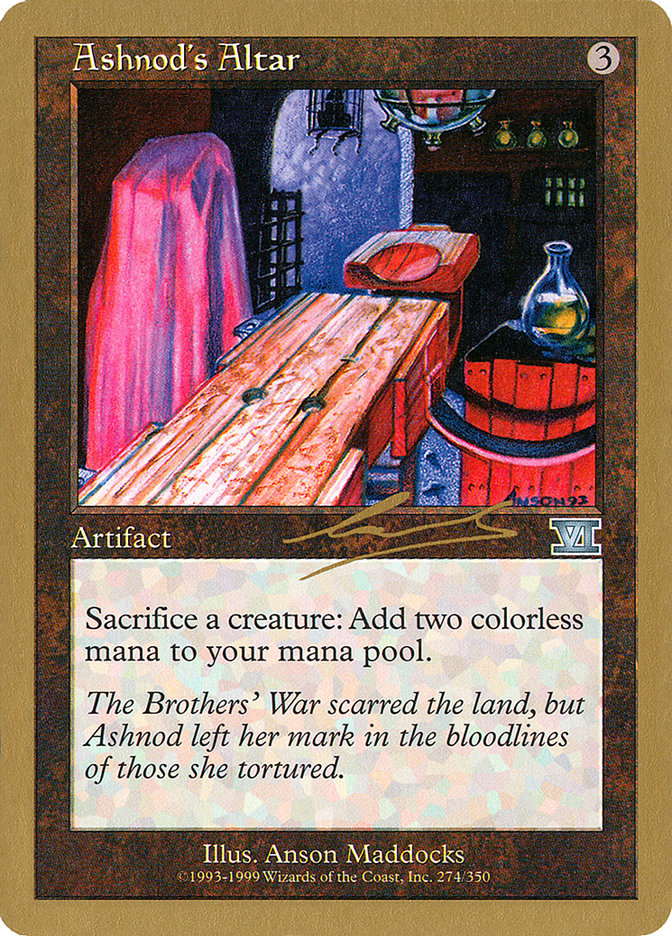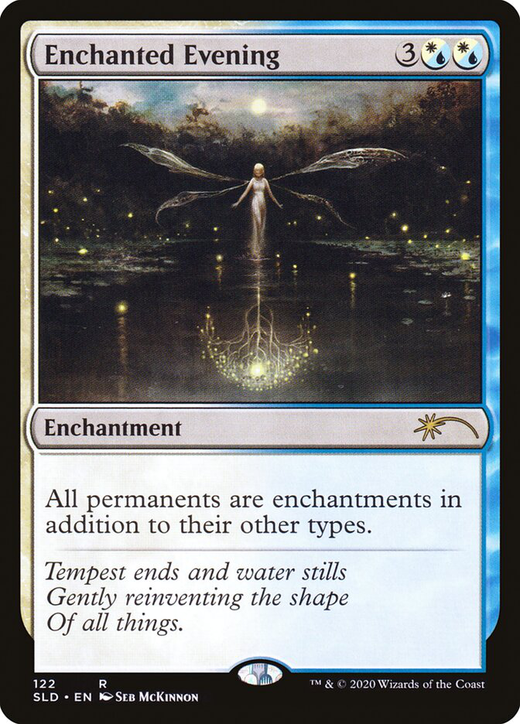

Player 2 : Nonland permanents in play through main phases.

Player 1 (you) : Cast Yorion exiling nonland permanents including Flickerwisp. If its a 4 player game lets look at the pattern. This is an alternating pattern of whether its Yorion that is in exile, or your other nonland permanents. So this time round Yorion will remain in play through main phases, and your nonland permanents are in exile. Then we he returns he will exile your nonland permanents, and we get the delay again. The result is that this time we will have all the permanents in play during main phases, and its Yorion that remains in exile.
#Parallax wave deck full
However this time Flickerwisp is a delayed until "beginning of the next end step", and so we have to wait until a full turn until next players end step/ Now the other cards that return Yorion at end of turn have a slightly different timing.Īgain we cast Yorion say exiling Flickerwisp.Īt end of turn Flickerwisp returns to play and you target Yorion. So a Wrath of God for example will kill Yorion, but the rest of your creatures will return to play at the end of the turn. This results in Yorion remaining in play through opponents main phases, while your other nonland cards remain in exile.Īny sorcery speed effects like removal will not be able to effect the cards you exile. However because its already end of the turn, Yorion ability to return those cards at "beginning of the next end step" will actually need to wait until the next players end step.

He will return to play immediately and then you exile your nonland cards including Felidar Guardian/ Restoration Angel/ Wispweaver Angel. If we have these in play already when we cast Yorion then Yorion will exile them.Īt end of turn they will return to play and you can then target Yorion for the exile effect. Let's look at what happens with Felidar Guardian, Restoration Angel, Wispweaver Angel. The general idea is that with Yorion and one of these cards, you'll get a pattern of exiling and returning cards to play every either every turn including opponents, or alternative turns.


 0 kommentar(er)
0 kommentar(er)
